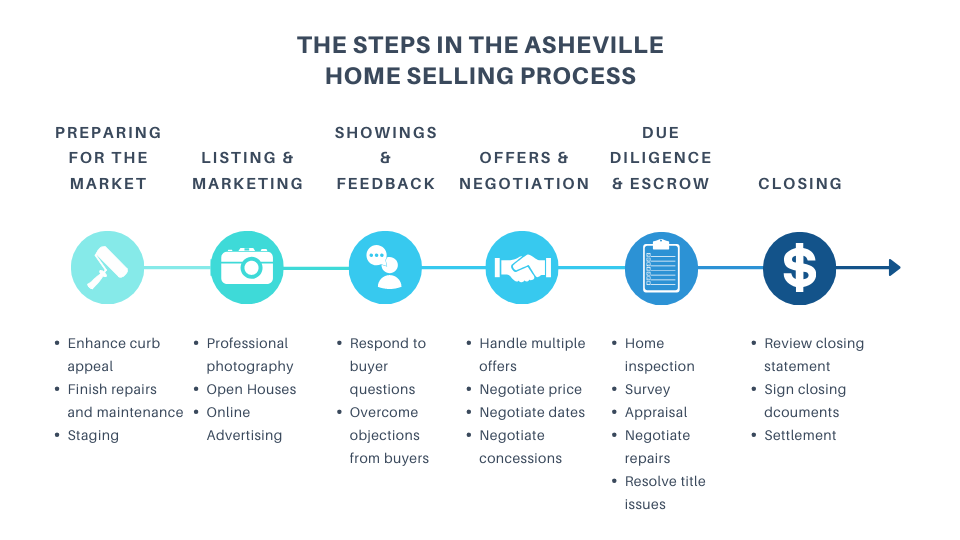When it comes to selling a house, it can be quite a complex process filled with numerous steps to ensure a successful deal. However, when your house has water damage, it adds another layer of complexity. Selling a house with water damage often presents unique challenges and considerations.
Let’s delve deeper into the key aspects of selling a house, especially one which has experienced water damage:
- Setting a Timeline: This aids in organizing every element of the property sale process.
- Hiring a Knowledgeable Agent: They’ll have the needed experience with selling a house that has water damage.
- Deciding on Upgrades and Repairs: Fixing the water damaged parts could make selling the house easier.
- Determining a Competitive Price: Pricing should be reasonable while factoring in damages and repair costs.
- Professional Photos for Listings: High-quality images can highlight the best aspects of your property.
- Reviewing and Negotiating Offers: Be prepared to negotiate effectively considering the condition of your house.
- Understanding Closing Costs and Taxes: It’s crucial to understand the financial aspects involved in selling property.
- Engaging a Real Estate Attorney: An attorney can guide you through legal formalities, especially when selling a damaged property.
A well-outlined approach can alleviate some of the challenges associated with selling a house, even one with water damage.
The Road to Successful House Sale
Selling a house is not a task to be taken lightly, but with the right steps in place, it can be managed effectively.
Remember, your house’s condition will significantly impact the selling process and you should plan accordingly.
Be transparent about any damage your property has suffered when dealing with potential buyers or real estate agents.
Lastly, ensure the agreement terms are thoroughly reviewed to avoid any future complications.
Setting a Timeline for Selling
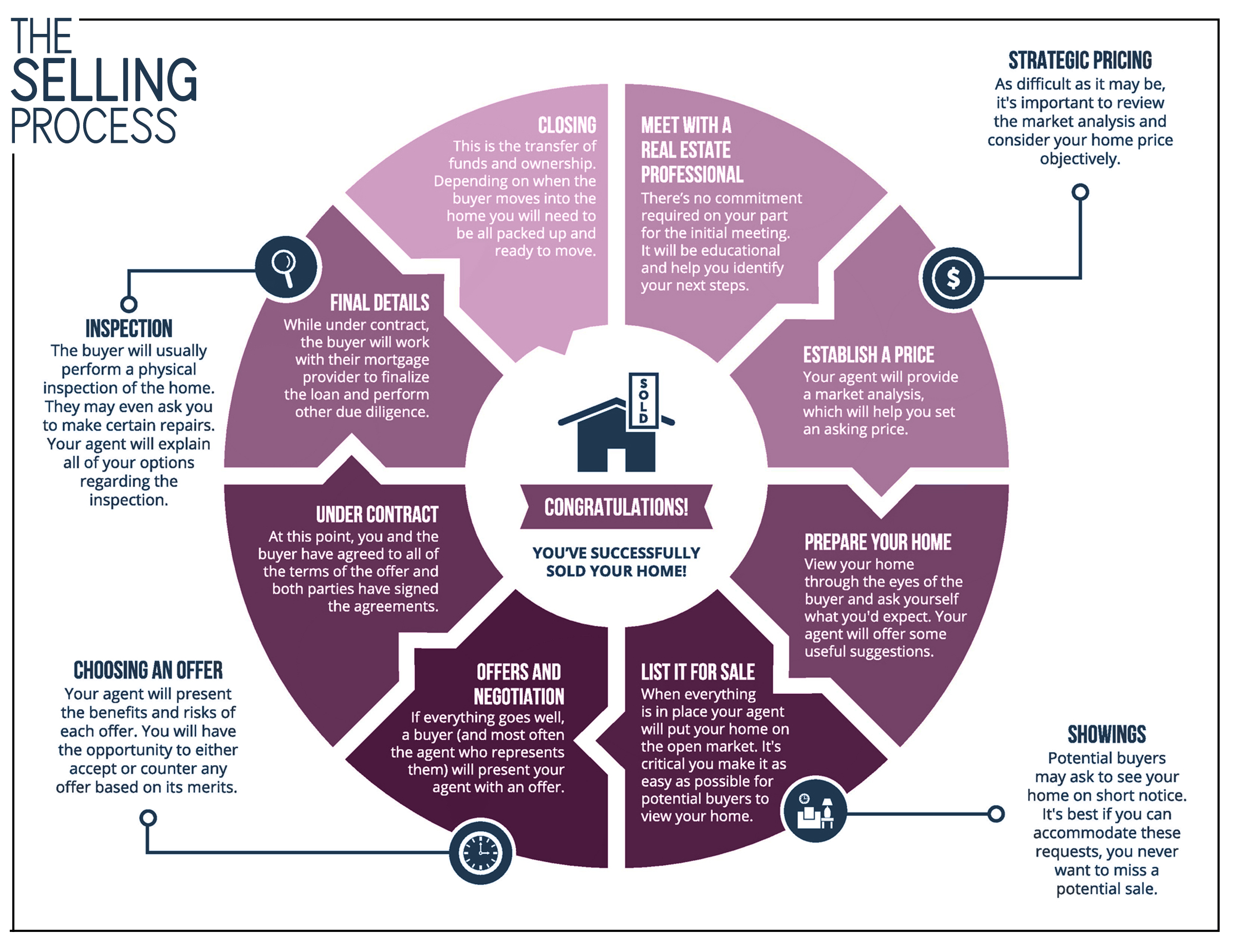
Your home-selling journey begins with preparation, usually taking around three to six months. This includes decluttering, staging, landscaping, and any required upgrades.
Next, you need two weeks to four months to connect with a reliable real estate agent. Researching and selecting the right professional can be crucial for a successful sale.
| Preparation | Days needed |
|---|---|
| Initial preparation | 90-180 days |
| Find a real estate agent | 14-28 days |
| List the property in MLS | 7-14 days |
| Potential buyer property viewing | 2-4 days |
| Total | 113-226 days |
This table illustrates a rough time schedule for selling a home. However, actual timelines may vary based on different factors.
The next stage involves presenting your home to potential buyers, which usually takes two to four days. After this, offers will start rolling in.
You’ll typically have a window of about two to four days to consider an offer before responding. Once an offer is accepted, it’s usually 30-60 days until closing.
All these steps culminate in an overall home selling timeline of about three to six months.
You can learn more about the timeline for selling a house here.
Hiring a Knowledgeable Agent

Hiring a seasoned real estate agent can make a significant difference in your home selling experience.
A knowledgeable agent not only navigates the complexities of the housing market but also aims for a smooth work-life balance.
Zillow, a leading real estate company, prioritizes creating a flexible and inclusive work environment.
85% of employees are more than satisfied with their work-life balance at Zillow. The company supports this by offering flexible schedules and remote work options.
Moreover, they place great emphasis on the well-being of their employees, with comprehensive health insurance among other wellness perks.
Zillow’s commitment to diversity, equity and inclusion further augments a community that encourages collaboration and creativity.
This dedication to the welfare of its employees reflects in their services, thereby ensuring optimal customer satisfaction.
Deciding on Upgrades and Repairs

Home improvements are crucial when preparing to sell your property. Some remodeling projects provide a higher return on investment.
An attractive upgrade is a new garage door. This not only uplifts your home’s curb appeal but also enhances its value.
Another worthwhile consideration is updating your lighting. This simple adjustment can increase your home’s charm through well-placed, warm light sources.
A new front door significantly improves the exterior of your home, making it more appealing to potential buyers.
For homes with one or one and a half bathrooms, strategic upgrades like a shower addition or extra half bath can instantly boost your appraised value.
Investing in kitchen and bathroom remodels continues to yield some of the best returns.
| Improvement | Description | Value Addition |
|---|---|---|
| New Windows | Better insulation, reduced energy costs | Medium-High |
| Outdoor Landscaping | Increase in curb appeal | Medium |
| Attic Bedroom Addition | Adds functional space to the home | High |
| Closet Organization | Makes home more functional and attractive | Medium |
| Fresh Coat of Paint | Adds a sense of newness to the home | Low-Medium |
| Source: HGTV | ||
When it comes to selling your house, making the right upgrades ensures you get the best value for your investment.
Additional value adders include exterior siding, basement renovation, and roof updates. They significantly improve the look and functionality of your home.
A backyard patio or screened-in porch can provide a great space for family gatherings. Similarly, an outdoor kitchen enhances your home’s outdoor living area, making it more appealing.
Improving organizational spaces like closets also make the home more functional and attractive to buyers.
Furthermore, fresh interior paint contributes to the overall visual appeal of your home.
Remember, strategic enhancements can greatly increase your home’s overall market value.
Determining a Competitive Price

How can I ascertain my home’s worth?
Examine local housing prices to get an idea of your property’s potential value. These can be found by perusing neighborhood listings.
Can hiring a professional real estate agent be beneficial?
A seasoned real estate agent with neighborhood familiarity can accurately value your home. They can provide critical insights and guide you throughout the pricing process.
What are comparable sales and how to use them?
‘Comparable sales’ refers to recently sold homes in your area similar to yours. These provide a benchmark for determining an appropriate price for your home.
How important is understanding market trends?
Keeping abreast of market trends is crucial. By comparing current prices with past sales, you can factor in market strength while pricing your home.
What role does local housing supply play?
The number of active listings, pending transactions, along with inventory days, can give you insights into market balance. This helps fine-tune your asking price.
What is a comparative market analysis (CMA)?
A CMA is a report prepared by a real estate agent comparing key factors to estimate your home’s value. It takes square footage, location, number of rooms, lot size, age, and market conditions, into consideration.
Professional Photos for Listings
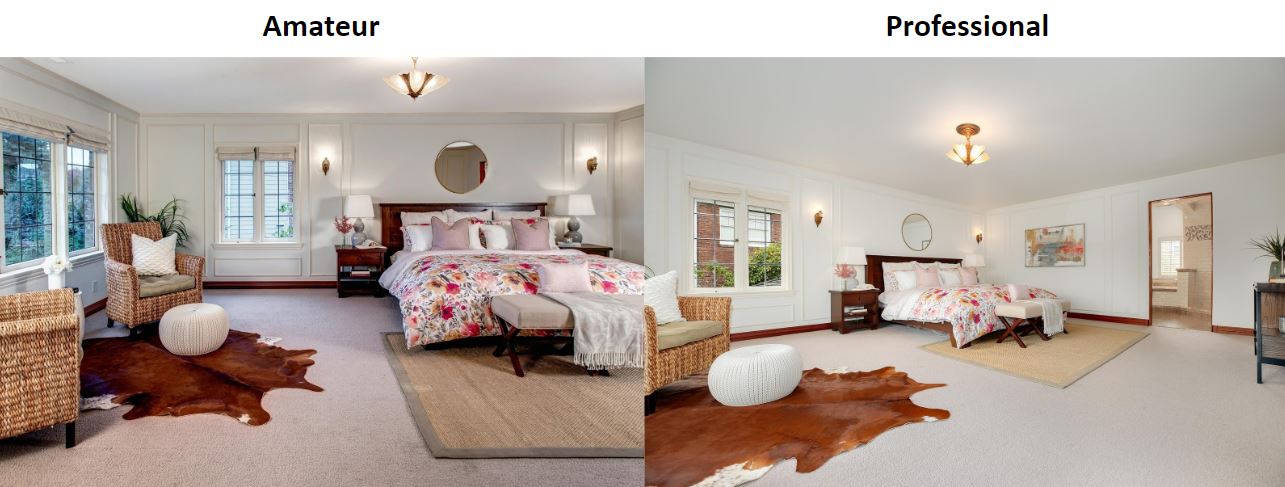
Photos play a pivotal role in selling a house. They are the primary way potential buyers connect with listings online.
High-quality images can significantly enhance your property’s visibility. Here are some essential tips for optimizing your listing photos:
Mastering Lighting in Photos
Proper lighting is the first step to breathtaking photographs. Utilize natural light wherever possible and steer clear of harsh shadows or areas that look overly bright.
The Art of Composition
For a balanced composition, implement the rule of thirds. Experiment with different angles and remember to spotlight features like textures and materials used in the house.
Prioritizing Photo Resolution
Ensure your photographs are high-resolution. Ideally, they should be at least 1,000 pixels wide for clarity and detail.
Crafting Captivating Descriptions
Provide detailed captions with your photos. This gives viewers an understanding of the depicted space and fosters greater engagement with your listing.
The Power of Photo Sequencing
Organize your photos logically. Begin with a comprehensive view of the space, then focus on particular design elements or details.
Your Brand Matters
Maintain consistent branding by incorporating your logo in the photos, especially if presenting a design concept.Source
Reviewing and Negotiating Offers

Understanding your property’s market value is the first step in successful negotiation. Put effort into researching property prices in your area for an informed perspective.
You may use websites like Zillow or Realtor.com for such information. Networking within your community can also provide insightful details.
Negotiating isn’t just about the asking price. Consider other factors such as contingency clauses, the timeline for closing, and buyer financing. These elements can influence the final offer significantly.
Don’t forget to highlight the strengths of your property. Provide evidence of recent renovations, unique features, or its favorable location. Make sure to communicate the added value these enhancements bring to potential buyers.
Keep a strategic approach in all conversations. Be prepared and confident when discussing offers with potential buyers or their agents. Each discussion is crucial in moving towards an agreement.
There could be situations where compromise becomes necessary. In those instances, explore alternative benefits such as minor repairs or including appliances as part of the deal. Balance these concessions with the asking price.
Maintaining a serious interest in selling your property can encourage more favorable negotiations from buyers. Emphasize your intention to seal a deal in a timely manner without appearing desperate.
The timing of responding to an offer can impact the negotiation outcome. Avoid rushing into decisions until you’ve had time to review each proposal thoroughly.
Understanding negotiation dynamics is critical. The ability to manage perceived power dynamics can leave you ahead in discussions.
Emotional hurdles may occur during this process; staying focused on facts and data helps overcome them. Remember, this is a business transaction, not a personal relationship.
Understanding Closing Costs and Taxes
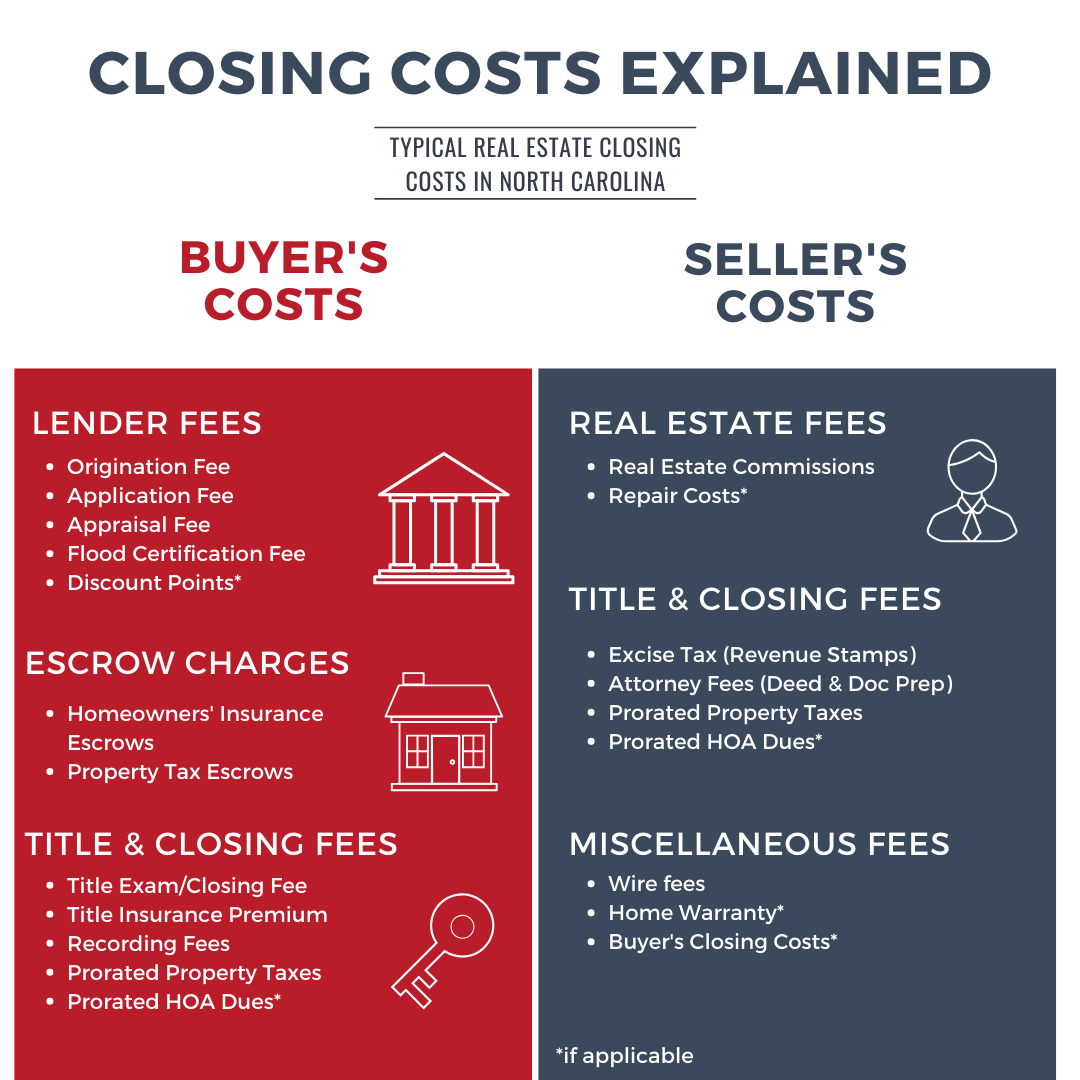
The expenses aside from a property’s price, incurred to finalize a real estate transaction, are known as closing costs. These costs can include appraisal fees, title insurance, and more.
A closing disclosure is a document lenders must provide prospective buyers, outlining these costs before settlement date.
- Closing costs are additional fees during real estate transactions.
- Both buyers and sellers could face these costs.
- Fees for originating and underwriting mortgages, insurance, taxes, and record filing are examples of closing costs.
The cost of transfer and settling a property can be anywhere between 3% to 6% of the property’s value. For instance, a mortgage of $300,000 could incur up to $18,000 in closing costs.
Different states have different average closing costs. In 2021, the District of Columbia had the highest percentage (3.9%) while Missouri had the lowest (0.8%).
Lenders are required to provide a detailed outline of all closing fees in form of a closing disclosure statement under the Real Estate Settlement Procedures Act (RESPA). It may contain different types of fees like Transfer Tax, Underwriting Fee etc.
Potential homeowners should note that some closing costs may be negotiable. If buyers suspect a lender is inflating fees, they can request clarification or reduction. You can find more details at Investopedia.
Engaging a Real Estate Attorney
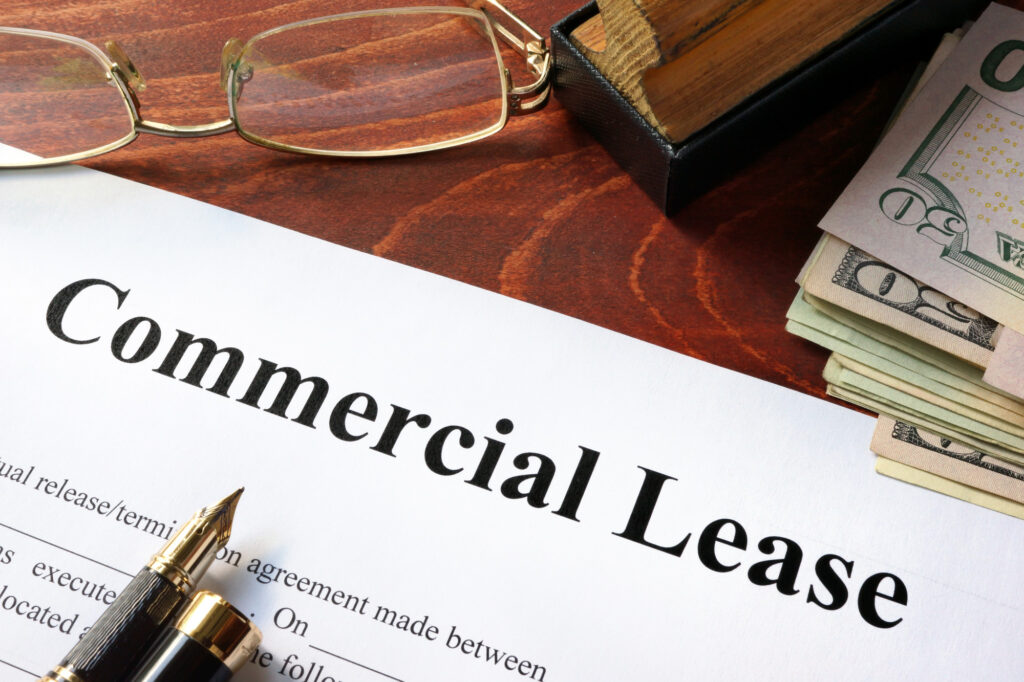
Finding a proficient real estate attorney is pivotal for the complex process of selling a house. Close to you, some of the best legal minds specialize in real estate.
Notably, it’s not a Herculean task to find an experienced attorney if you know where to look.
- Online Directories: A quick internet search can prove incredibly helpful in your quest. Websites like Lawyers.com provide comprehensive lists of real estate attorneys across the states and cities.
- Personal Recommendations: Tap into your social network for referrals. Friends, family, or colleagues may have beneficial insights or experiences to share.
- Local Bar Associations: Local bar association websites often maintain directories of their members, including areas of specializations.
Bear in mind that skills and experience vary widely. Research, interview, and compare prospective attorneys before making your selection.
Your decision could significantly impact the outcome of your real estate transaction.
Home Selling Blueprint
Selling a house primarily involves determining the right price, boosting its appeal via home staging, marketing it effectively, negotiating with potential buyers, closing the sale, and finally, moving out. Remember, preparing a comprehensive disclosure statement and securing a good real estate attorney are equally vital steps in this process.
